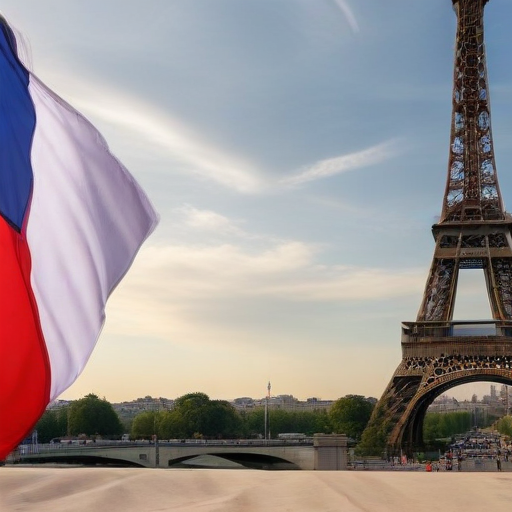The political divide in France has reached a critical juncture as the historical no-confidence vote led by Marine Le Pen’s far-right National Rally and a left-wing coalition resulted in the resignation of Prime Minister Michel Barnier just three months into his term. This moment marks only the second time in the Fifth Republic that a government has been ousted through such a vote.
Barnier’s tenure was marked by instability, largely due to the lack of a parliamentary majority following the results of the legislative and European Parliament elections this summer, which saw fluctuating support for both the right and the left. The immediate future raises questions about President Emmanuel Macron’s leadership and whether he might face increasing pressure to resign.
Experts suggest that the resignation of Barnier illustrates the tumultuous political environment in France, with significant challenges such as rising public debt, poverty affecting nine million citizens, and a substantial trade deficit. The ongoing crisis raises doubts about the government’s ability to effectively navigate until the next presidential election in 2027, provoking speculation about early elections.
Multiple analyses underscore that Macron’s previous decision to dissolve Parliament in the face of declining support may have contributed to the current chaos rather than a solution. The resultant fragmented parliament has hindered efforts to address the pressing budgetary issues facing the country. Notably, many parliamentarians exhibited resistance to engaging in constructive negotiations, leading to an environment where chaos trumps compromise.
The political shift is also indicative of broader European implications, with France’s instability affecting transatlantic unity and security. Experts highlight that France must leverage its existing relationships within Europe and enhance its foreign policy efforts, especially regarding critical geopolitical matters such as the ongoing conflict in Ukraine and the economic situation within the EU.
Looking forward, while the current landscape seems bleak, it is also an opportunity for the political landscape to evolve. France may emerge from this crisis with new leadership that is more attuned to the pressing needs of its citizens and more capable of fostering coalitions within Parliament. With proactive international collaboration, particularly among European allies, France could strengthen its position amidst ongoing global challenges.
In summary, the ousting of Barnier illustrates a significant political upheaval in France, prompting debates on the direction of governance under Macron, the implications for the European landscape, and the potential for constructive changes that could resonate throughout the continent. Despite the challenges, there remains hope for a rejuvenation of political discourse and responsiveness to the needs of French citizens, spurring positive change in future governance.
